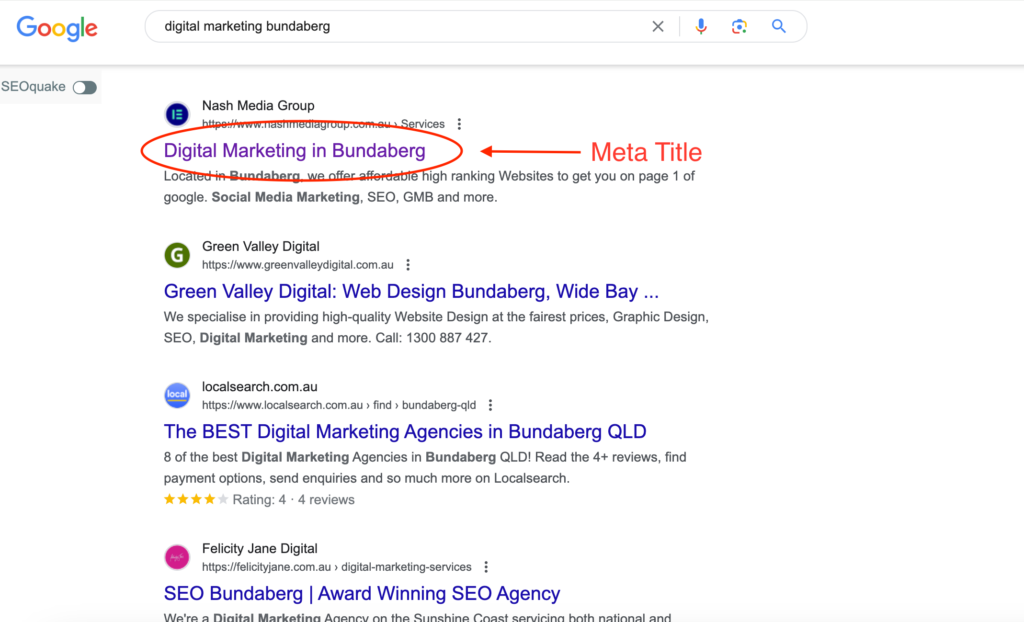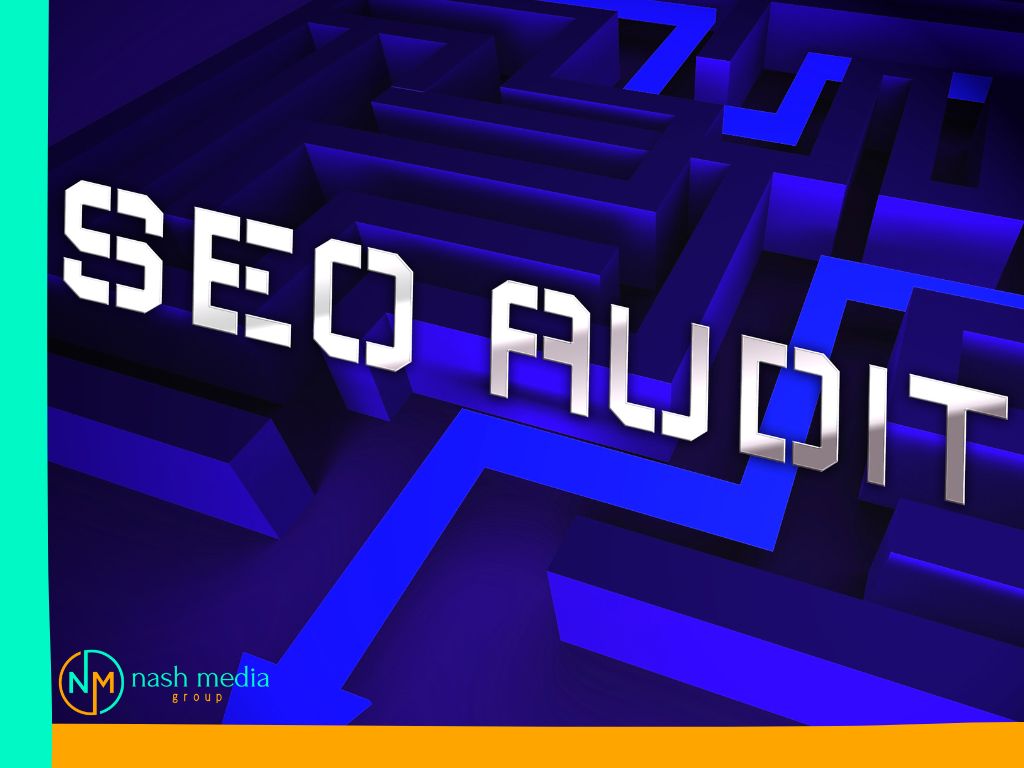In today’s ever-changing digital market, optimising meta titles for search engines is just as critical as optimising on-page title tags for the purposes of increasing traffic to your website and climbing up the search rankings. This seemingly simple component has a significant impact on how search engines analyse and rank content. In this article, we will look at the relevance of optimised meta titles, and give you practical guidelines to help you improve your SEO strategy.
Why Meta Titles Matter
Meta titles are an important aspect of your webpage’s HTML since they determine the topic of a particular page’s content. Meta titles appear as clickable headlines on search engine results pages (SERPs), so it’s important to get it right.

Here are some key explanations for why meta titles are important:
Do Meta Titles Improve Search Engine Ranking?
Search engines use meta titles to understand the content of your webpage and its relevance to a user’s query. A well-optimised meta title can improve your ranking in SERPs.
Click-Through Rate (CTR)
An engaging and relevant meta title can significantly increase your CTR, driving more organic traffic to your site.
Meta Titles User Experience
Meta titles provide users with a snapshot of your page content, helping them decide whether to click on your link in search results. A clear and descriptive meta title can enhance user satisfaction and engagement and achieve a click through to your website.

Best Practices for Optimising Meta Titles
Keep It Concise
Search engines typically display the first 50-60 characters of a meta title. To ensure your title is fully visible, keep it under 60 characters. Aim for a concise and compelling title that accurately reflects the content of your page.
Include Primary Keywords
Incorporate your primary keyword at the beginning of your title tag. This not only helps search engines understand the main topic of your page but also makes your content more relevant to users’ search queries.
Make It Unique
Each page on your website should have a unique meta title. This helps search engines differentiate between your pages and ensures that users find the most relevant page of your website.
Focus on Readability and Relevance
While it’s important to include keywords, don’t sacrifice readability. Your title tag should be free-flowing, easy to read, and relevant to your audience. Avoid keyword stuffing and opt for natural language that appeals to users.
Optimising your meta title is critical for enhancing your website’s SEO and increasing traffic. By adopting best practices, you may improve your search engine ranking, click-through rate, and user experience.
If you need help with your SEO plan and are struggling to boost your webpage’s Google search ranking, then Nash Media Group is your go-to digital marketing expert in Bundaberg and beyond. Our team is ready to assist you with optimising your website and achieving your digital marketing objectives. Contact us today and witness the impact that optimised websites can have on your digital footprint and lead acquisition. Basic SEO can be achieved from as little as $49 per week and could mean the difference between found or being forgotten.




